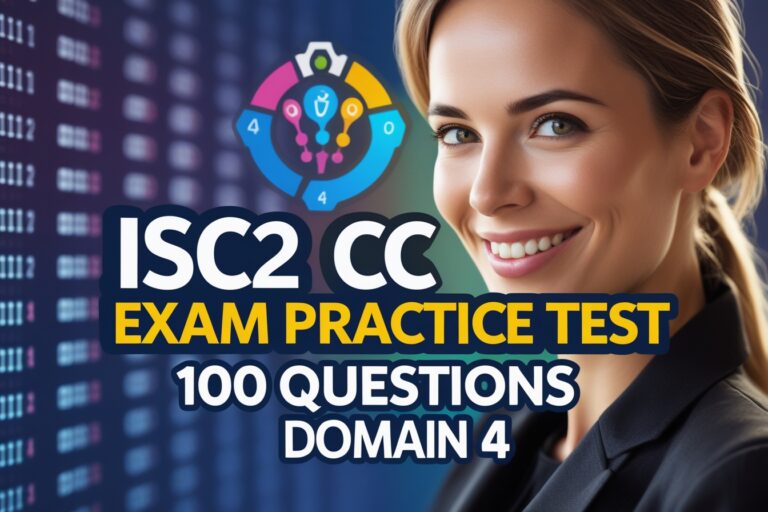1. JavaScript can help to increase the user experience with which of the following method for a web page.
A. By creating animation and other effects to guide a user and help with page navigation.
B. By sorting the columns of a table to make it easier for searching on table.
C. By hiding certain content and revealing details progressively as the user “drills down” into that content.
D. All of the above.
2. Which of the following are the ways to embed Client side JavaScript code within HTML documents.
i) Inline, between a pair of <script> and </script> tags.
ii) From an external file specified by the src attribute of a <script> tag
iii) In an HTML event handler attribute, such as on-click or mouse over.
iv) In a URL that uses the special JavaScript protocol.
A. i, ii and iii only
B. ii, iii and iv only
C. i, ii and iv only
D. All i, ii, iii and iv
3. State Whether the following Statement about src attribute on JavaScript.
i) It simplifies the HTML files by allowing you to remove large blocks of JavaScript code from them.
ii) If a file of JavaScript code is shared by more than one page, it only needs to be downloaded once, by the first page that uses it.
iii) Linking to JavaScript code on Google servers can decrease the start-up time for the web pages, since the code already existed on all of the user’s browser.
A. i-True, ii-False, iii-True
B. i-True, ii-True, iii-False
C. i-False, ii-True, iii-False
D. i-False, ii-False, iii-True
4) JavaScript code can register a/an …………. by assigning a function to a property of an element object that represents an HTML document in the document.
A. event handler
B. function handler
C. document handler
D. HTML handler
5) ………. specifies that the body of the URL is an arbitrary string of JavaScript code to be run by the JavaScript interpreter.
A. Javascript:web
B. JavaScript:code
C. JavaScript:protocol
D. JavaScript:interpreter
6) The …… attribute causes the browser to defer execution of the script until after the document has been loaded and parsed and is ready to be manipulated.
A. sync
B. async
C. defer
D. All
7) The ………. attribute causes the browser to run the script as soon as possible but not to block document parsing while the script is being downloaded.
A. sync
B. async
C. defer
D. All
8) When the parser encounters a <script> element that has the …… attribute set, it begins downloading the script text and continues parsing the document.
A. async
B. sync
C. parse
D. load
9) When the document is completely parsed, the document.readystate property changes to ……
A. ready
B. parsed
C. interactive
D. activated
10) Which of the following statements for restricted features of JavaScript is/are True.
A) A JavaScript program can open new browser windows, but must of the browsers restrict this feature.
B. A JavaScript program can close browser windows that it opened itself, but it is not allowed to close other windows without user conformation.
C. A script can read the content of documents loaded from different servers than the document that contains the script.
D. All of the above
11) ……….. libraries are “frameworks” in the sense that they build a new higher-level API for client side programming on top of the standard and proprietary APIs offered by web browsers.
A. client-side framework
B. server-side framework
C. higher-level framework
D. web framework
12) The ………. library focuses on DOM and Ajax utilities, like jQuery does, and adds quite a few core-language utilities as well.
A. Dojo
B. Prototype
C. YUI
D. Closure
13) The …… library is the client side library that Google uses for Gmail, Google Docs and other web applications.
A. Dojo
B. Prototype
C. GWT
D. Closure
14) …….. allow you to register a function to be invoked once or repeatedly after a specified amount of time has elapsed.
A. setTimeout()
B. setInterval()
C. Both A and B
D. None of the above
15) State True or False for the following Statements.
i) The setTimeout() method of the window object schedules a function to run after a specified number of milliseconds elapses.
ii) setTimeout() returns a value that can be passed to clearTimeout() to cancel the execution of the scheduled function.
iii) setTimeout() is like setInterval() except taht the specified function is invoked repeatedly at intervals of the specified number of milliseconds.
A. i-True, ii-False, iii-True
B. i-True, ii-True, iii-False
C. i-False, ii-True, iii-False
D. i-False, ii-False, iii-True
Answers:
1) D. All of the above.
2) D. All i, ii, iii and iv
3) B. i-True, ii-True, iii-False
4) A. event handler
5) C. JavaScript:protocol
6) C. defer
7) B. async
8) A. async
9) C. interactive
10) D. All of the above
11) A. client-side framework
12) B. Prototype
13) D. Closure
14) C. Both A and B
15) B. i-True, ii-True, iii-False









